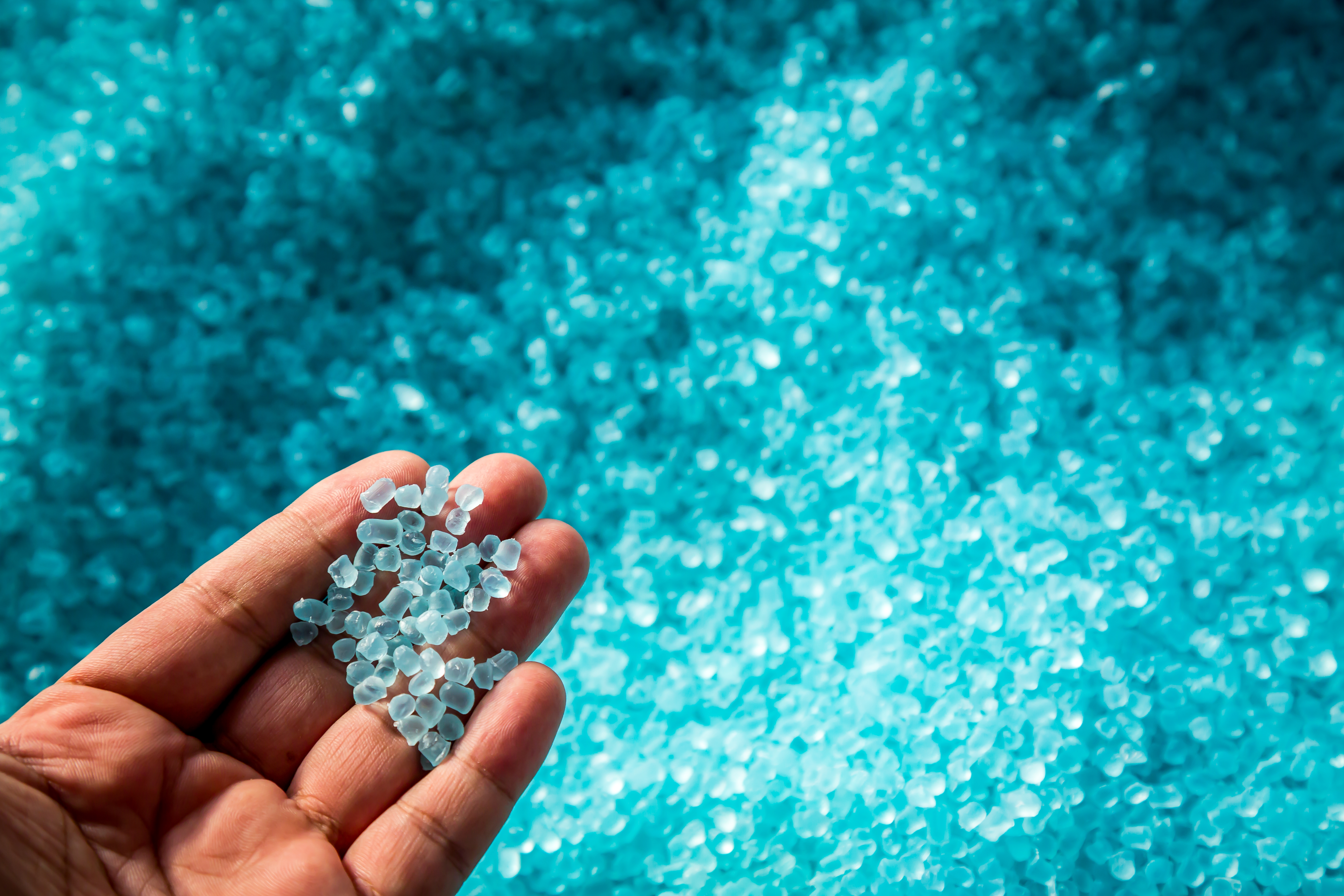Considerations for final round of UN negotiations on ending plastic pollution

Key Takeaways:
Markets for the core feedstocks of virgin plastics are currently oversupplied, creating market instability and decreased profits.
Petrochemical producers, the linchpin of plastics production, risk credit rating scrutiny due to their failure to prepare for market and policy changes.
Trade should be considered an inherent element in establishing these global and national targets and a key element in supporting both the instrument’s efficacy and market stabilization.
Implementing a production cap could smooth out current and structural market imbalances.
Next month, the Intergovernmental Negotiating Committee (INC) of the United Nations Environment Assembly will hold its final round of negotiations on an international legally binding instrument (ILBI) to end plastic pollution. The petrochemical industry is facing a structural decline, stressed financials, and reduced confidence of credit rating agencies in the industry, according to an Institute for Energy Economics and Financial Analysis (IEEFA) briefing note.
Based on this market analysis, the need for a production cap becomes clear. Our analysis also suggests that the global nature of the polymers will require trade provisions to ensure that the ILBI is fit for purpose.
“With the petrochemical industry facing an outlook of a secular decline, the sector is likely to pursue new products and markets aggressively, to help boost its prospects,” said Swathi Seshadri, IEEFA energy specialist, petrochemicals, and co-author of the briefing note. “If the production and consumption of primary plastic polymers, including its trade, are not regulated and the proposed ILBI only focuses on product design and waste management, it will result in only changing the nature of the beast rather than eliminating it.”
Towards this end, IEEFA urges that:
- The proposed ILBI should establish global and national targets for the production and consumption of primary plastic polymers; and
- Trade should be considered an inherent element in establishing these global and national targets and a key element to support both the instrument’s efficacy and market stabilization.
“Analyzing economic and climate implications for just nine polymers has demonstrated the need to regulate their trade,” said Abhishek Sinha, IEEFA energy finance analyst and co-author of the briefing note. “We believe that the proposed ILBI is an opportunity to transform our current levels of plastic production and mandate more sustainable consumption systems.”
Today’s briefing note follows a June report stressing the need to take the full lifespan of plastic products into account.














